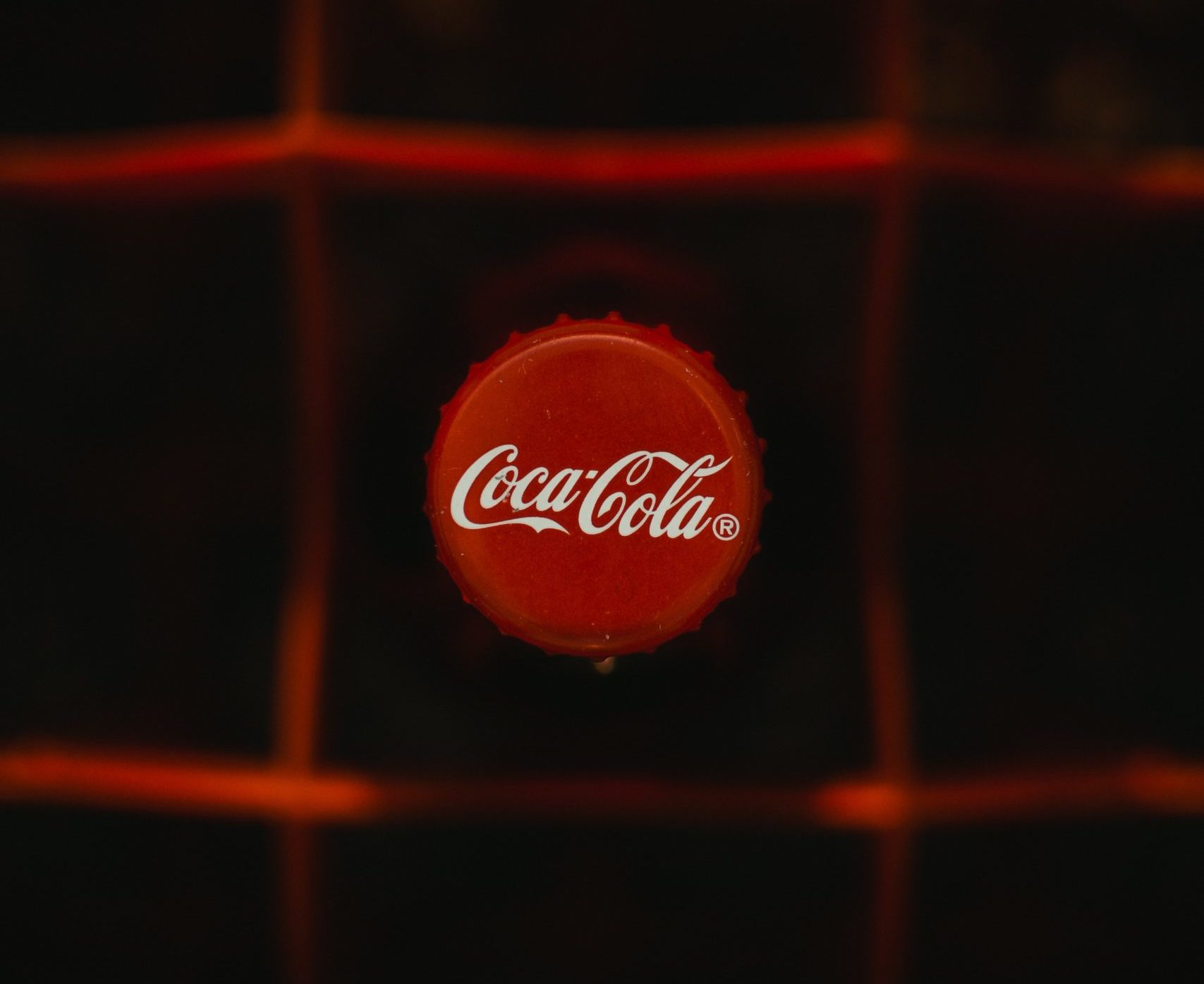What are Trademarks For?
Contrary to popular belief, trademark law isn’t actually about protecting a business owner from someone else using their business name. It’s all about the customer, instead.
The government created trademark law because they want the customer to trust that the goods or services they’re buying are coming from the source they think they’re buying it from. If you go to the store to buy a Coca Cola, you want to make sure it’s a real Coca Cola and not some knockoff, right? That’s why the entire body of trademark law has to do with one thing: protecting a customer from being confused about where the goods or services are coming from.
Trademark law applies to any mark that identifies a brand. Most of the time that means marks like business names or logos, but it can also extend to slogans (Just Do It, Got Milk?), and even sounds (NBC chimes, MGM lion roar), colors (Tiffany blue, UPS brown, Home Depot orange), mascots (the Geico gecko), packaging (the shape of a glass Coke bottle), and architecture!
The good news for business owners is that trademark law automatically applies if you meet all the requirements for a trademark: if the mark is distinctive, identifies the brand, and is used in interstate commerce. (We will discuss all these in more detail below.) The bad news is that, since trademark law is based on preventing customer confusion, you can only prevent someone from using your mark if their use might confuse the customer about where the goods/services are coming from.
Written by Galia Aharoni Schmidt

